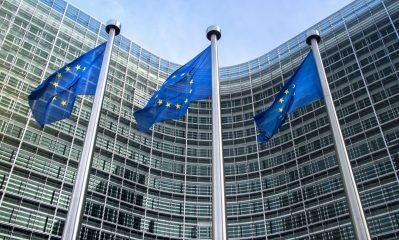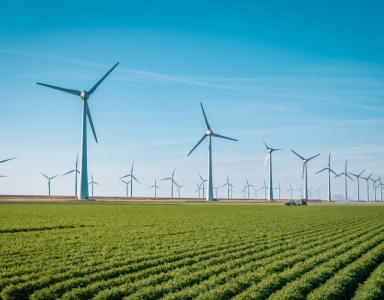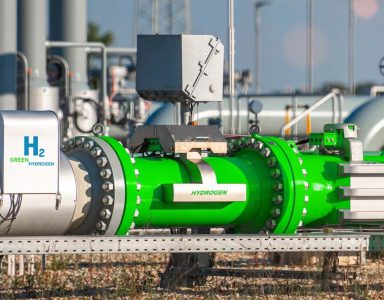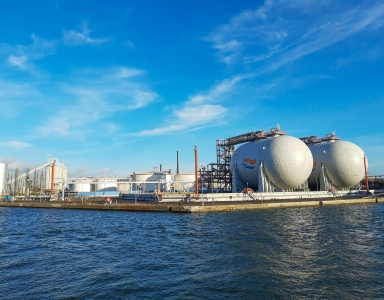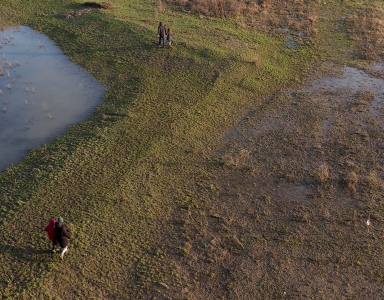Everything you need to know about Fit for 55 | An impulse to funding the Green Transition?
With ‘Fit for 55’ (FF55), the European Commission (EC) introduced a series of legislative packages aimed at translating the Green Deal pledges to action by regulating, revising and updating rules and concretising a diverse range of measures. The proposals address GHG emissions reduction in many different sectors, such as energy, transport and buildings.
In this article, we will take a closer look at FF55 and the potential implications of the package.
More information? Contact us
Or call us directly: 088 495 20 00
What does the Fit for 55 package entail?
In order to reach the overarching goal of a climate neutral Europe in 2050, FF55 in its core is the sharpening of the GHG emissions reduction target to 55% compared to 1990. It consists of several proposals, which include regulations, directives and decisions. Besides some entirely new initiatives, many proposals are also revisions of existing legislation and frameworks.
The most important proposals, all aimed at GHG emissions reduction, are the following:
- Changes to the Emissions Trading System (ETS);
- Adjusting reduction targets of the Effort Sharing Regulation (ESR);
- Climate neutrality in land use, forestry and agri by 2035;
- Introduction of an import price on carbon known as the Carbon Border Adjustment Mechanism (C-BAM);
- Updates and revisions of the Renewable Energy Directive (RED), Energy Efficiency Directive (EED) and Energy Taxation Directive (ETD);
- By updating the Alternative Fuels Infrastructure Regulation the EC wants to boost charging infrastructure for electric and hydrogen vehicles. The core and comprehensive TEN-T networks remain a baseline here;
- The ReFuel Aviation Initiative and FuelEU Maritime Initiative aim to strengthen sustainable fuel use subsequently for aviation and ships;
- Stricter Emission standards will be applied to new cars and light-duty vehicles.
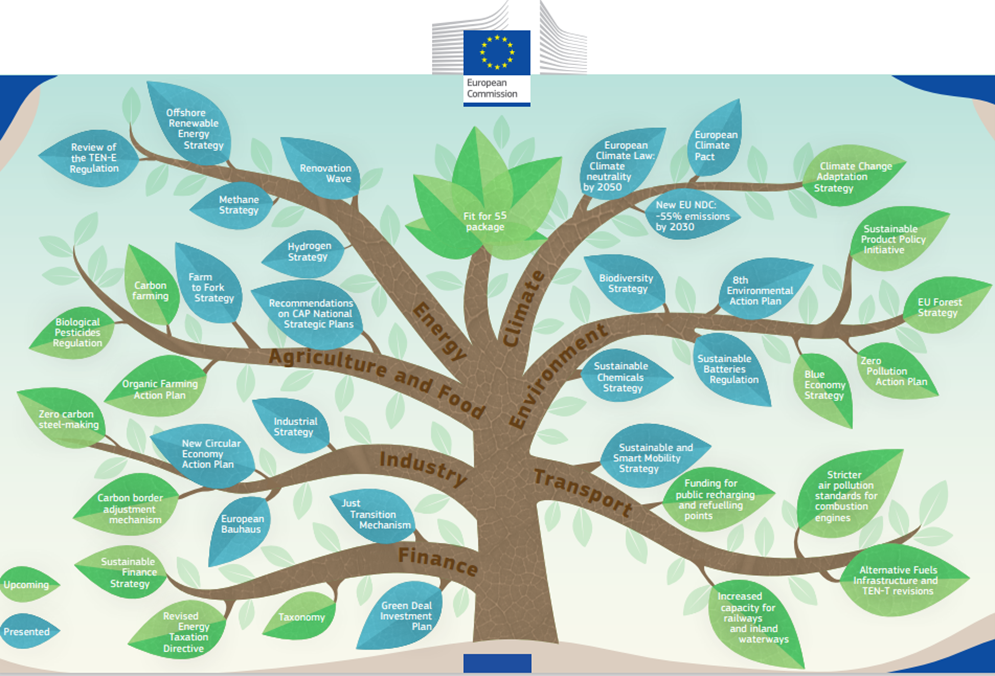
Source: European Commission
Reservations and momentum
The abovementioned proposals are some key takeaways of FF55. Almost all of the proposed actions will not be effective immediately nor in their entirety, but will gradually be introduced during the lifetime of Von der Leyen’s tenure. Some proposals, particularly those with links to funding, are only intended to come to fruition during the next programme period starting in 2028.
Another uncertainty are the pending negotiations on FF55 at the EU and Member State level. The Council of the EU and the European Parliament (EP) will need to adopt the package. In the Council of the EU, commissions For example, the Environment Council will be concerned with the ETS, CO2-standards for cars and the ESR. The EP is in the process still of appointing MEPs in various roles to committees that will formulate opinions on part of the package, on the basis of which the EP will negotiate with the EC. The Industry, Research and Energy (ITRE) and Environment, Public Health and Food Safety (ENVI) Committees will be among those that provide opinions on multiple parts of the FF55 package. have been formed that are in charge of specific parts of the FF55 packages. Member States, as the implementing parties, have to negotiate the most agreeable way in which to meet the strict conditions set out under FF55. Commissioner Timmermans said the following of these negotiations:
I am certain that parts of the European Parliament and member states will not like elements in the package (…) but you cannot dispute the goal, which is 55%, and is set in law. So if you do not like parts of the package, come up with an alternative that can deliver the same results. We are open for that discussion and will have to be of course. - Commissioner Frans Timmermans
Contact
Or call us directly: 088 495 20 00
Potential effects on funding
So what then, amidst these uncertainties, can be an indication of the effects of FF55 on funding?
Social Climate Fund
First of all, the EC aims to leave nobody behind in the green transition. Previously, when the Green Deal was announced, that was already made clear with the introduction of the Just Transition Fund. With FF55, the EC pays special attention to energy poverty in this regard. That is why the EC introduced a Social Climate Fund with the aim to prevent unreasonable high costs for its citizens. It has been hinted that such a fund would emphasise energy efficiency, cooling and heating systems as well as sustainable mobility.
Modernisation Fund
For low-income EU member states, dealing with these heightened ambitions can be challenging. That is why the EC intends to expand the Modernisation Fund by increasing it with 2,5% of total allowances. The ten countries eligible for this fund are Bulgaria, Croatia, Czech Republic, Estonia, Hungary, Latvia, Lithuania, Poland, Romania and Slovakia.
Innovation Fund
The EC is further keen to expand the Innovation Fund (IF) grant in order to further support industries’ role in the clean energy transition. This increase may comprise approximately 200 million allowances, aside from the potentially cumulative effect that C-BAM As emission allowances will be gradually phased out under the ETS, the carbon price is going up. In order to prevent unfair competition and halt pollution outsourcing, companies outside the EU will need to pay an equivalent of the carbon price paid by European companies. Companies falling under this so-called C-BAM mechanism will need to buy C-BAM certificates at the relevant national authorities. may have on the total amount of allowances. This could result in € 47 billion being available for IF projects over the course of ten years. FF55 pledges to support sectors that will soon fall under C-BAM by funding projects aimed at decarbonizing industry through the Innovation Fund. These sectors include iron, steel, cement, aluminium, fertilisers and electricity.
Fit for 55 for now
The path to a sustainable transition of the European economy driven by the Green Deal is further strengthened under the FF55 packages. In the course of the next months and years negotiations will most certainly result in the tweaking of very relevant details.
More information on Fit for 55
Do you have a project idea that aligns with the European Green Deal or FF55? Or have you become curious about European funding programmes? Feel free to reach out for advice or more information!
Need advice? Feel free to contact us!
Or call us directly: 088 495 20 00
